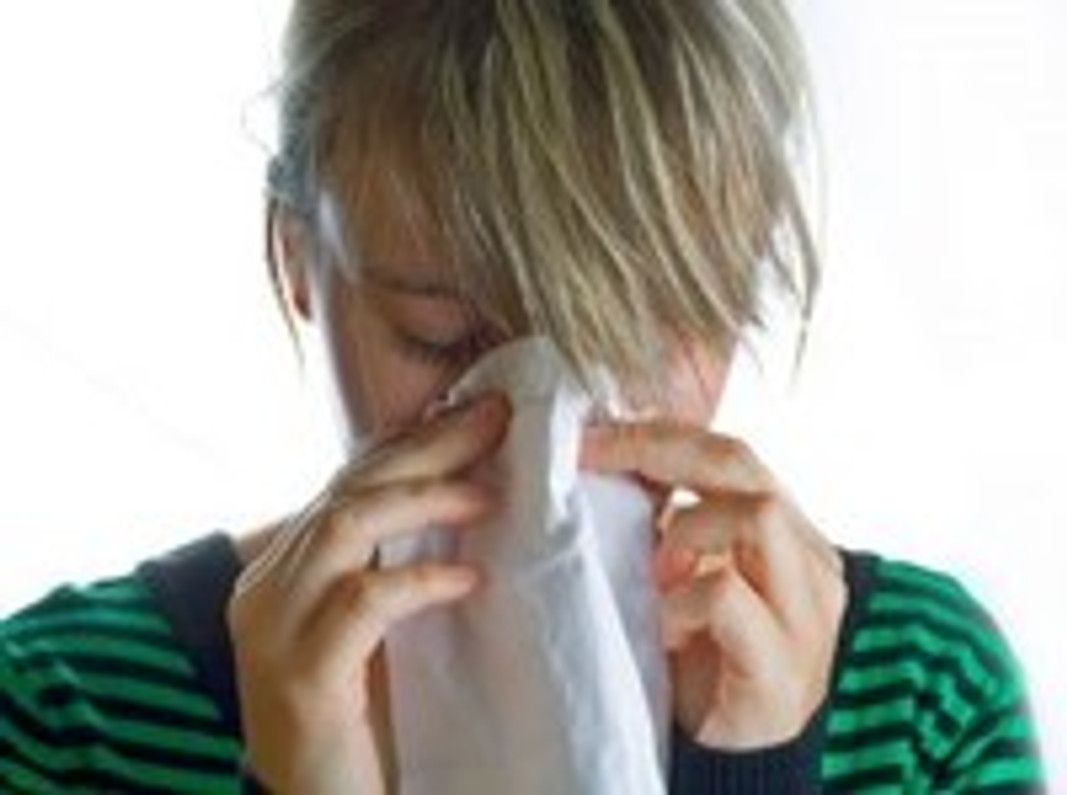Do You Suffer From Springtime Allergies? Here Are Some Tips.
The colorful, blossoming plant life can only mean one thing: spring is officially here. While the warm temperatures are a welcome change from the bitterly cold winter, it's also a time when allergies kick in. After being outside, you may experience watery eyes, sneezing, itchy throat, runny nose and/or sinus congestion. If you experience one or more of these symptoms, keep reading for some helpful tips on how to prevent and cope with outdoor allergies.
According to the Centers For Disease Control and Prevention (CDC), approximately 50 million Americans suffer from outdoor allergies. Also known as allergic rhinitis, it's an all-too-common condition that affects people of all ages and background. The good news is that outdoor allergies typically don't cause any serious health complications, but they can still make your life miserable nonetheless.
Why Spring Is The Worst Time For Allergies
Allergies can occur at any time of the year; however, they are far more prevalent during the spring season. This is due to the high concentrations of pollen floating throughout the air. When plants, flowers and trees release their pollen in hopes of reproducing, some of it will inevitably travel into your nasal passages and lungs, at which point it may trigger an allergic reaction.
Allergies -- whether they are indoor or outdoor -- are caused by the body's immune response to what it believes is a foreign invader. When you breathe in a whiff of pollen, the body views it as a foreign invader and responds with symptoms associated with allergic reactions.
Contrary to what some people may believe, allergies may develop at any point in a person's life. Some people are born with allergies, whereas others develop them later in life. Just because you've never experienced allergic reactions in the past doesn't necessarily mean you won't develop them in the future.
Springtime Allergy Tips:
- Watch the ragweed. It's estimated that over half of all pollen-related allergy cases in North America are caused by ragweed.
- Antihistamines: If springtime allergies are making your life miserable, take an antihistamine to reduce the severity of the symptoms.
- Rain: If you need to work in the garden or yard, try to go outside immediately after it rains. Rain helps to wash away pollen, reducing the chance of an allergic reaction.
- Dust mask: Wearing a dust mask during the 'peak' days of spring can make a world of difference.
- Don't touch: Try to avoid touching your eyes and nose, as this can spread pollen and other allergens.
Do you suffer from springtime allergies? Let us know what works for you in the comments section below!
Recent Posts
-
Fire Safety in the Workplace: What You Need to Know
What steps are you taking to prevent fires in your workplace? According to the U.S. Occupational Saf …Aug 23rd 2023 -
Is It Safe to Go Jogging With a Cold Infection?
If you're suffering from a cold infection, you might be wondering whether it's safe to go jogging. T …Aug 22nd 2023 -
5 Safety Tips to Follow When Using a Powder-Actuated Tool
Powder-actuated tools are commonly used to join materials to steel and concrete. Also known as Hilti …Aug 20th 2023




